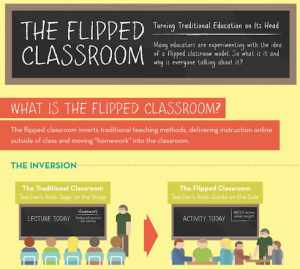Identity theft is the stealing of one’s sensitive personal information such as passwords, username, banking information, credit card number, or driver’s license number with the intent to commit fraud. Thieves employ many tactics to get their hands on reliable, available information. Some tactics include creating emails and websites that look like legitimate messages and sites from real banks and fool customers into giving up sensitive financial data, hacking into the data bases of government and private entities, and social media websites, stealing thousands of sensitive information of the employees and customers.
Identity thief will live and work using the victim’s whole identity. The thief will gain access to the victim’s account and run up a huge bill before the victim knows there is a problem. The thief can also open new credit cards and max out the credit in the victim’s name. The internet has made it easier for an identity thief to use stolen data because transactions can be made without any personal interaction. The thief can commit serious crimes creating criminal records for the victim. The victim is unable to rent an apartment, get a job, qualify for a mortgage, and buy a car. The victim’s life has been altered.
Usually, it is difficult to find these perpetrators and the law enforcement cannot clear the mess they created for the victims. The burden of proving innocence rests on the shoulders of the victim. The victims feel violated, helpless and are scarred emotionally because their lives have been altered.
While it is impossible to completely eliminate the risk, there are ways to reduce the risk of identity theft. Law enforcement agencies can implement community awareness programs to educate the public on identity theft prevention and the process of recovery. To help the victims in resolving the consequences “Identity Theft Recovery Centers” can be established in certain locations. Anti-theft software which is applicable to the computers and mobile phones and which will detect the identity theft activity can be developed and made user friendly. Sensitive personal information stored in the data based should be intricately encrypted and access to these data bases should be restricted to prevent the hackers. Financial institutions should also offer long term loans with low interest rates because it will take time and money for the victims to resolve the impact of the theft.
https://wikis.engrade.com/cyberscams
http://www.utica.edu/academic/institutes/cimip/idcrimes/schemes.cfm



